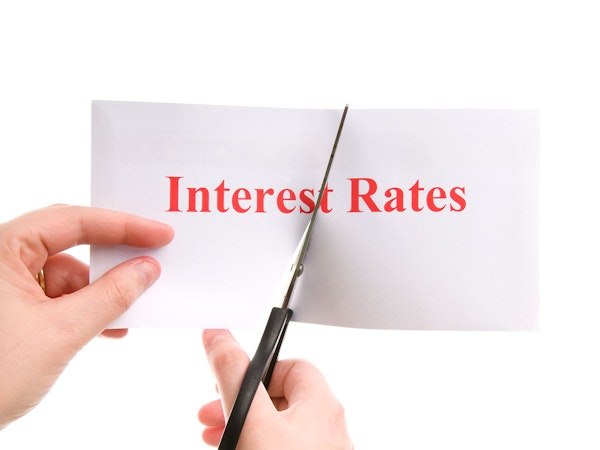Managing cash flow – proforma invoices
For businesses that are unable to utilise cash accounting for VAT purposes, proforma invoices are being used increasingly by firms as well as already being a staple for many firms of solicitors and gives the benefit of increased cash flow. In the current pandemic climate, cash flow is more important than ever.

Proforma invoices are generally issued by taxable businesses for services that are either ongoing or have not been started, or for goods or services that have yet to be delivered.
If issuing a proforma invoice, upon payment being received, a full VAT invoice must be issued within 30 days with the tax point following normal rules (in this case, the receipt of payment creates the tax point). It is the actual tax point that the VAT becomes reportable to HMRC within a period’s VAT return. It also negates the requirement to recover VAT on bad debts through your VAT returns.
A key difference between a normal VAT invoice and proforma invoice is that whereas a VAT invoice is both a tax and legal document (as it is a formal demand for payment) a proforma invoice is not a tax document and has limited use as a legal document. However, the presence of a letter of engagement or contract can overcome these legal issues.
If you are already using the cash accounting scheme, as your turnover is below £1.35m, then there is no need to use proforma invoices, as your VAT is already only declared once payment has been received.
If you would like to discuss this further, please contact our VAT Specialist Gavin Barker, or your usual BGM advisor.





